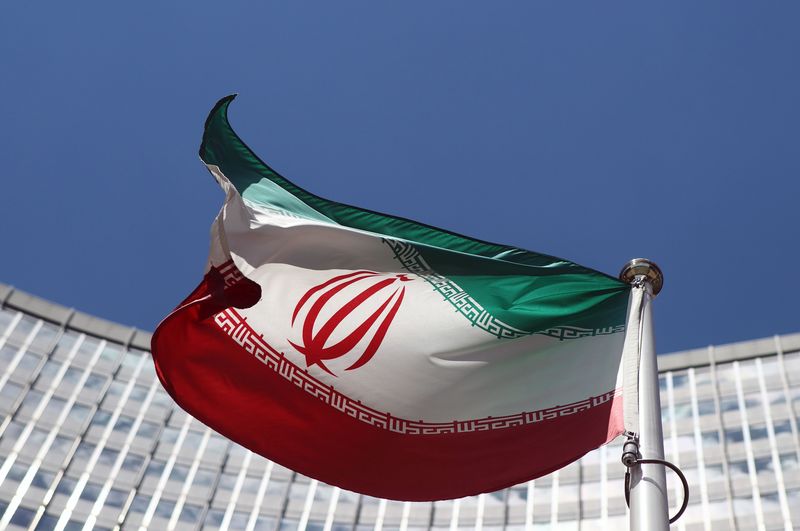By Ambar Warrick
Investing.com-- Oil prices fell sharply on Monday on reports suggesting that Iran and Western countries were close to striking a deal that would lift sanctions on crude supply from the West Asian nation.
West Texas Intermediate futures, the U.S. crude benchmark, sank over 1% to $89.39 a barrel, while London-traded Brent oil futures fell 0.5% to $95.59 a barrel by 20:01 ET (0002 GMT).
Qatar news organization Al Jazeera reported over the weekend that an Iran Nuclear deal was ‘imminent,’ while other reports said Tehran was ready to drop its demand that the Islamic Revolutionary Guard Corps be removed from the U.S. State Department’s List of Foreign Terrorist Organizations.
Iran’s demand for the corps was a major sticking point for the deal, and had so far impeded negotiations with the U.S., which were facilitated by the European Union.
The signing of a deal will see the lifting of sanctions on 17 Iranian banks and 150 economic institutions, Al Jazeera reported. Tehran will also be permitted to export 50 million barrels of oil per day in four months of signing the deal.
The move is expected to release over 1 million barrels of oil per day of supply immediately into the market- which portends a negative reaction from oil prices.
But this increase in supply could spur measures from the Organization of Petroleum Exporting Countries to curb production. Speculation over supply cuts had boosted oil prices late last week, although they still ended the week negative.
Concerns over slowing global economic activity dragged oil prices to six-month lows in recent weeks, as traders feared a demand crunch stemming from a recession. Signs of economic duress in major importer China have been of particular concern for oil markets. The Chinese economy is struggling to weather a series of COVID lockdowns this year, stemming from Beijing's strict zero-COVID policy.
Still, U.S. crude inventory data last week suggested that demand was recovering from a lull in the world’s largest economy. But further tightening of monetary conditions by the Federal Reserve could quash such a recovery.
